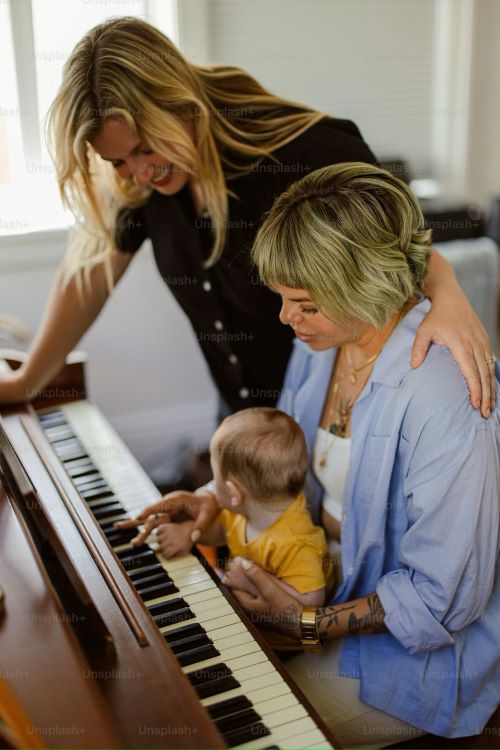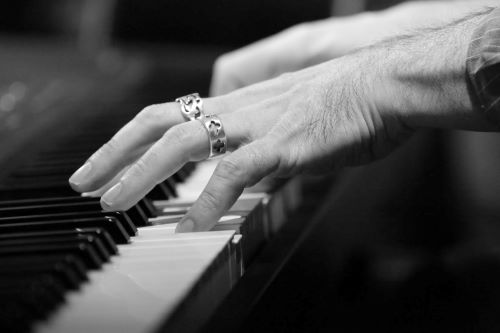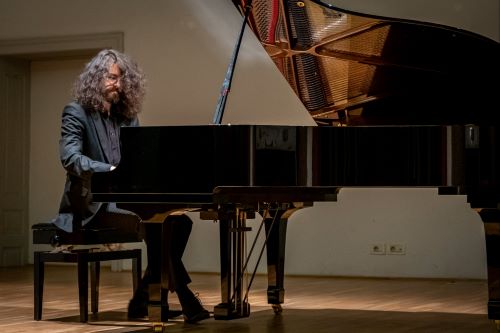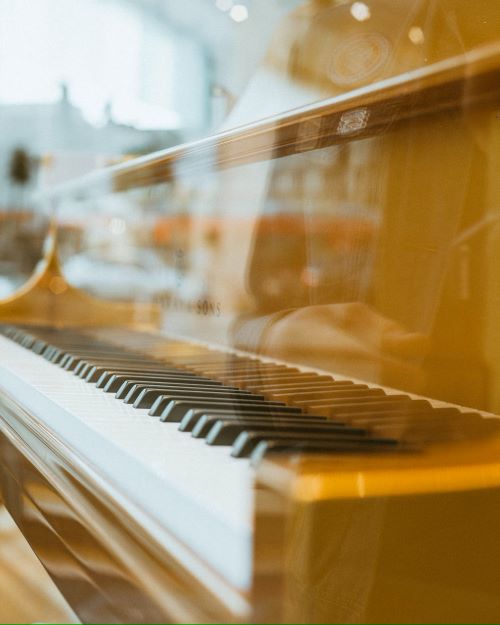Starting to play the piano is an exhilarating adventure, whether you’re completely new to music or have some experience. This guide provides essential knowledge to commence your musical journey, covering the basics and setting you on a path to lifelong piano enjoyment.
The Piano: Your Musical Canvas
The piano is an interesting instrument and a good start for music. Before getting into details, learn the basics. Get to know the keys, pedals, and keyboard layout. Each key represents a note, giving you a palette for your musical expression.
This basic knowledge helps you start exploring music and feel more at ease with the piano.
Getting Started: Posture and Hand Placement

For a good piano experience, sit comfortably with a straight back and relaxed shoulders. Let your arms make a gentle curve, allowing your hands to float over the keys easily.
Make sure your fingers are in the right position, ready to explore the music accurately. This sets the foundation for a comfortable and effective piano-playing experience.
Reading Music: The Musical Alphabet
Learning to read music is like learning a special language. Start by knowing the musical alphabet (A, B, C, D, E, F, G), which matches the piano keys. This simple alphabet helps you understand how written notes relate to their positions on the piano.
It’s a crucial step to playing different musical pieces. As you get more familiar with this musical language, reading and playing music will become more enjoyable and natural.
Basic Music Notation: Treble and Bass Clefs

Music notation uses clefs, like the treble for higher notes and the bass for lower notes. Get to know these symbols; they guide your hands to the right piano keys. As a beginner, start with easy melodies to boost confidence in reading and playing music.
This step-by-step approach helps you become more comfortable with the piano and reading sheet music over time.
Finger Exercises: Building Strength and Coordination

Strengthening your fingers is vital for piano playing. Begin with easy finger exercises to enhance flexibility and control. Practice scales and arpeggios, increasing difficulty as you improve.
Regular practice builds a foundation for mastering complex pieces. It’s like toning your piano-playing muscles, preparing you for more challenging music as you progress.
Playing Your First Song: A Milestone Achievement
Celebrate playing your first song! Pick a simple piece that matches your skill level, using the techniques you’ve learned.
The accomplishment of playing a whole song is a strong motivator, boosting your excitement for ongoing learning.
Music Theory: The Roadmap to Mastery
Playing by ear is fun, but knowing music theory is your guide to mastery. Learn about key signatures, chord progressions, and time signatures.
This knowledge boosts your understanding of music and lets you interpret and express pieces more creatively. It’s like having a map for your musical journey, helping you navigate and enjoy playing even more.
The Importance of Practice: Consistency is Key

Like any skill, practicing regularly is key to improvement. Set up a routine, dedicating specific times to work on your piano skills. Divide your practice into manageable parts, focusing on technique, sight-reading, and playing songs.
With dedication, you’ll see noticeable improvements in your playing over time. Consistent practice is the secret sauce to getting better at the piano!
Explore Different Genres: Diversify Your Musical Palette
Play different styles on the piano, from classical and jazz to pop and blues. Trying various genres not only broadens your piano knowledge but also helps you find the ones you enjoy most.
It’s like exploring a musical landscape where you can discover what resonates with your taste. Enjoy the journey of experimenting with different piano styles!
Utilise Technological Resources: Apps and Online Lessons
In today’s digital age, use technology to boost your learning. Check out piano apps and online lessons made for beginners.
These tools offer interactive exercises, tutorials, and play-along features, adding a fun twist to your learning alongside traditional methods. Embrace the tech side to make your piano learning more engaging!
Join a Musical Community: Learn and Share
Being part of a musical community is a great part of your piano journey. Find local music groups, online forums, or piano meetups to connect with learners and experienced musicians.
Sharing experiences, getting advice, and working together can inspire and motivate you in your musical journey. Joining others makes the piano learning experience even more enjoyable!
Embrace the Joy of Playing: Your Musical Expression
As you play the piano, find joy in every moment. Whether it’s a classical piece or your melody, let the piano be your expression. Follow your emotions and add your unique style to the music you create.
Conclusion
Playing the piano is a fulfilling journey. With dedication, regular practice, and a love for music, you’ll discover your potential. Whether you play for yourself or dream of a bigger stage, the journey of making music is enriching and lasting. So, sit at the piano, let your fingers dance on the keys, and enjoy bringing music to life.
